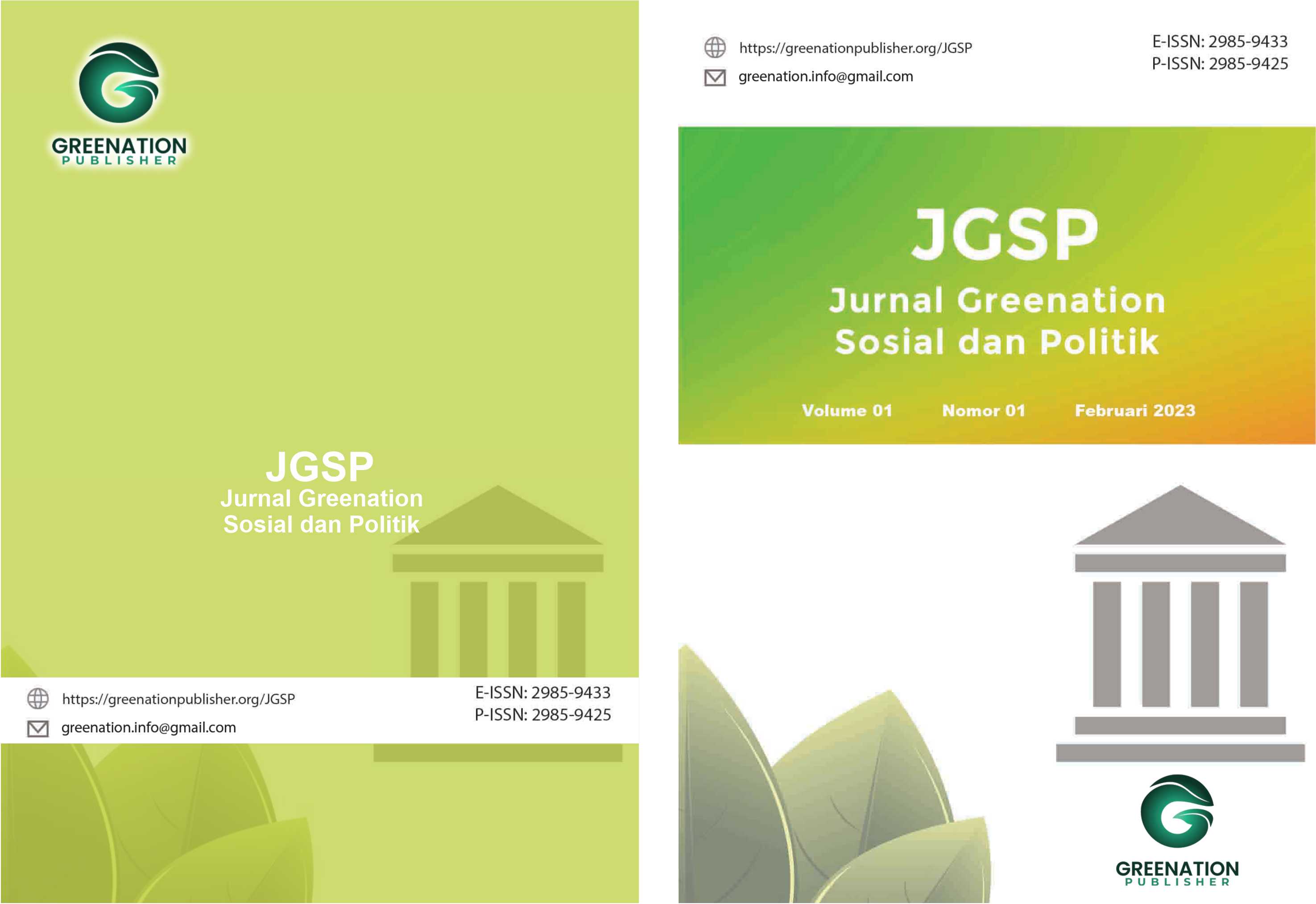Legal Innovation and AI Integration in the Management of Community Development and Empowerment Obligations by Coal Mining Companies
DOI:
https://doi.org/10.38035/jgsp.v3i2.385Keywords:
Legal Innovation, Artificial Intelligence, Community EmpowermentAbstract
Coal mining companies in Indonesia are required to implement the Community Development and Empowerment (PPM) program as a form of social responsibility and contribution to local development. However, the implementation of this program is still faced with a number of obstacles such as weak supervision, lack of community participation, and limited transparency. This research aims to examine how legal innovation and artificial intelligence (AI) integration can improve the governance of PPM obligations in a more efficient, accountable, and sustainable manner. This research is a qualitative normative juridical study, which examines legal norms with a descriptive-analytical approach, to understand how the law should apply in the context of the implementation of Community Development and Empowerment (PPM) obligations by coal mining companies and how the integration of technology, especially artificial intelligence (AI), can be accommodated in the legal system. The results of the study revealed that the use of AI technology, such as data analysis, digital reporting systems, and community feedback platforms, is able to increase the effectiveness and transparency of the implementation of the PPM program. On the other hand, legal innovation is needed in the form of regulatory reforms that support technology-based systems and active community involvement. This study concludes that the integration of legal innovation and AI technology can be a strategic solution in strengthening the implementation of PPM obligations by coal mining companies, while encouraging the realization of social justice and sustainable development in mining areas.
References
Aryanto, A. (2022). Artificial intelligence in the Indonesian legal system: A review of the digital transformation of law enforcement. Journal of Law and Technology, 6(2), 145–160.
Asshiddiqie, J. (2005). Constitution and Indonesian constitutionalism. Jakarta: Constitution Press.
Asshiddiqie, J. (2010). Economic constitution. Jakarta: Sinar Grafika.
Damayanti, N. (2020). Corporate social responsibility in the perspective of environmental law. Journal of Law & Development, 48(3), 412–430.
Fitri, & Kurniawan. (2025). Application of artificial intelligence in land dispute resolution: Prospects and challenges in Indonesia. Yogyakarta: Cokroaminoto University Yogyakarta.
Ibrahim, J. (2006). Theory and methodology of normative law research. Malang: Bayumedia Publishing.
Kementerian Energi dan Sumber Daya Mineral. (2023). Artificial intelligence technology to improve coal mine safety and productivity. Jakarta: Kementerian ESDM.
Law No. 3 of 2020 concerning Amendments to Law No. 4 of 2009 concerning Mineral and Coal Mining.
Maria, S. W. S. (2008). Land in the perspective of economic, social, and cultural rights. Yogyakarta: LKiS.
Ministry of Energy and Mineral Resources Decree Number 1824 K/30/MEM/2018 concerning Guidelines for the Implementation of Good Mining Engineering Rules.
Rahardjo, S. (2000). Legal sciences. Bandung: Citra Aditya Bakti.
Rahayu, & Yetniwati. (2021). Social responsibility of coal mining companies through community development and empowerment programs. Jambi: University of Jambi.
Regulation of the Minister of Energy and Mineral Resources of the Republic of Indonesia Number 25 of 2018 concerning Mineral and Coal Mining Business.
Saputra, R. (2023). Artificial intelligence in legal reform: Opportunities and challenges. Journal of Law and Innovation, 3(1), 55–70.
Soekanto, S. (2006). Introduction to legal research. Jakarta: University of Indonesia Press.
Soetandyo, W. (2002). Law: Paradigms, methods and problem dynamics. Jakarta: Elsam.
Downloads
Published
How to Cite
Issue
Section
License
Copyright (c) 2025 Badrunsyah, Mugiati

This work is licensed under a Creative Commons Attribution 4.0 International License.
Hak cipta :
Penulis yang mempublikasikan manuskripnya di jurnal ini menyetujui ketentuan berikut:
- Hak cipta pada setiap artikel adalah milik penulis.
- Penulis mengakui bahwa Jurnal Greenation Sosial dan Politik (JGSP) berhak menjadi yang pertama menerbitkan dengan lisensi Creative Commons Attribution 4.0 International (Attribution 4.0 International CC BY 4.0) .
- Penulis dapat mengirimkan artikel secara terpisah, mengatur distribusi non-eksklusif manuskrip yang telah diterbitkan dalam jurnal ini ke versi lain (misalnya, dikirim ke repositori institusi penulis, publikasi ke dalam buku, dll.), dengan mengakui bahwa manuskrip telah diterbitkan pertama kali di JGSP.
























